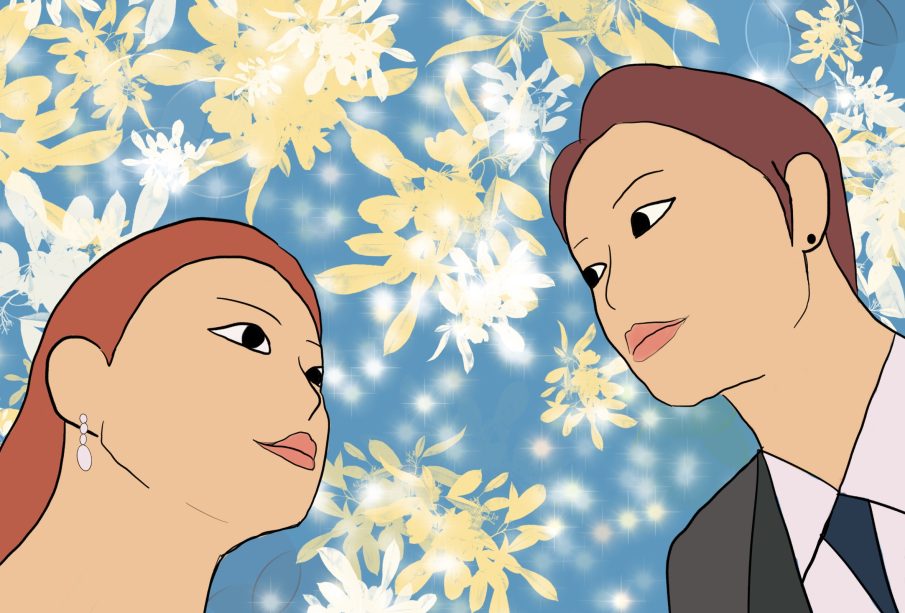
Expand your media search
Korean entertainment is an industry that has boomed over the last decade. Thanks to globalization, we are now able to access entertainment from different corners of the earth. If the world is not watching Korean dramas, they are watching Turkish dramas, Japanese dramas, or Taiwanese dramas.
A decade ago, Korean entertainment was difficult, if not borderline impossible, to access. The most popular sites at the time were Viki and Drama Fever. Drama Fever was particularly loved because it had a subscription service, and it was considered ‘the Netflix of Korean dramas.’ Everything was easily accessible through the site. By 2018, Drama Fever announced that it would be shutting down.
When Netflix swooped into the world of K-dramas, it was planning on eliminating any competition. Prior to that, most dramas were made by South Korean entertainment agencies. Today, K-dramas are made by those same agencies, but Netflix now has license to a lot of shows. Furthermore, Netflix has even joined in on creating its own exclusive Korean content.
What we are seeing now is that Netflix is not the only brand that is trying to host Korean content. Other well-loved subscription services such as Disney+ and Amazon Prime Video now also have their own exclusive Korean entertainment.
What I find so unique is that there is an abundance of choice for consumers today that did not exist even five years ago. Korean dramas are unique because they introduce viewers to different forms of film making, art, creativity, directing, producing, script writing, etc. One of the reasons why they are so beloved is that they do not follow traditional Western filmmaking or storytelling.
I am someone who enjoys slow burns and romance that is not too in-your-face. I don’t enjoy watching a show and immediately being presented with characters making out. To me, it’s distasteful and overdone. It is recycled. In K-dramas, hand-holding alone is a big deal and it is something that rarely happens. If you grew up reading Jane Austen and you appreciate the slow romance of her novels, then I believe you will enjoy Korean entertainment.
Moreover, I particularly enjoy learning about history that I normally wouldn’t have the opportunity to discover. I enjoy seeing historical stories visualized into a show. When presented with the costume or set design, you can see how much goes into making all of the small details come to life. It is a skill, it is an art, and it is something that must be praised.
The genres within Korean entertainment are so diverse that there is something unique for everyone. Whether you are someone who prefers slice of life, crime and justice, court room, romance, historical, comedy and family, or elaborate dramas about the scandalous lives of wealthy elites, you will find something amazing to binge watch. Korean dramas are unique because they allow for viewers to get an opportunity to see day-to-day culture, customs, mannerisms, and ways of speaking from Korea.
The biggest issue I have is that the industry still has a long way to go in terms of how it chooses to tell women’s stories. At times, I find that women are portrayed as helpless and weak, or evil and awful. I wish that there was some form of healthy balance.
Additionally, the industry is always growing at rapid rates. The most fascinating thing is how there are new shows that are rolled out every single month like clockwork. If one ends, another will begin airing immediately after. This ensures that viewers always have something to watch. The unique thing is that the industry also has what is known as ‘variety shows.’ I find that Korean variety shows are completely different from Western variety shows. The country has comedy variety shows about parenting, marriages, relationships and navigating human connections, beauty, lifestyle, and more. These offer an opportunity for viewers to learn about the different issues that plague our society and how to overcome them.
My favourite thing about Korean entertainment is that there is a genre known as ‘healing.’ These are Korean dramas that focus on complex issues such as trauma, PTSD, depression, the difficulties of life, growing pains, and show characters who are healing from the horrific realities of life. This is a beautiful genre that I rarely see in Western entertainment. I believe that Western entertainment has a lot to learn from Korean entertainment.
It is unfortunate that many people cannot be bothered with Korean dramas if they don’t speak Korean. The reality is that you are missing out on so much about life and how interconnected we all are regardless of our cultural backgrounds. We are more alike than we are different.
It is why I always go back to the beautiful quote by Bong Joon-ho, the South Korean director behind the Oscar winning film ‘Parasite.’ In his acceptance speech at the Golden Globes, Bong Joon Ho stated “once you overcome the one-inch barrier of subtitles, you will be introduced to so many more amazing films.”
The reality is that by choosing to discard something due to subtitles, there is so much nuance and awareness regarding a different culture that we are missing out on. After all, in the age of technology, it is important that we take advantage of it by exposing ourselves to the content and entertainment that exists in different parts of the world. This is ultimately how we stay connected. It is incredible that someone living in a place such as Iceland can learn about Korean dramas or even Bollywood as a result of a simple Google search.










